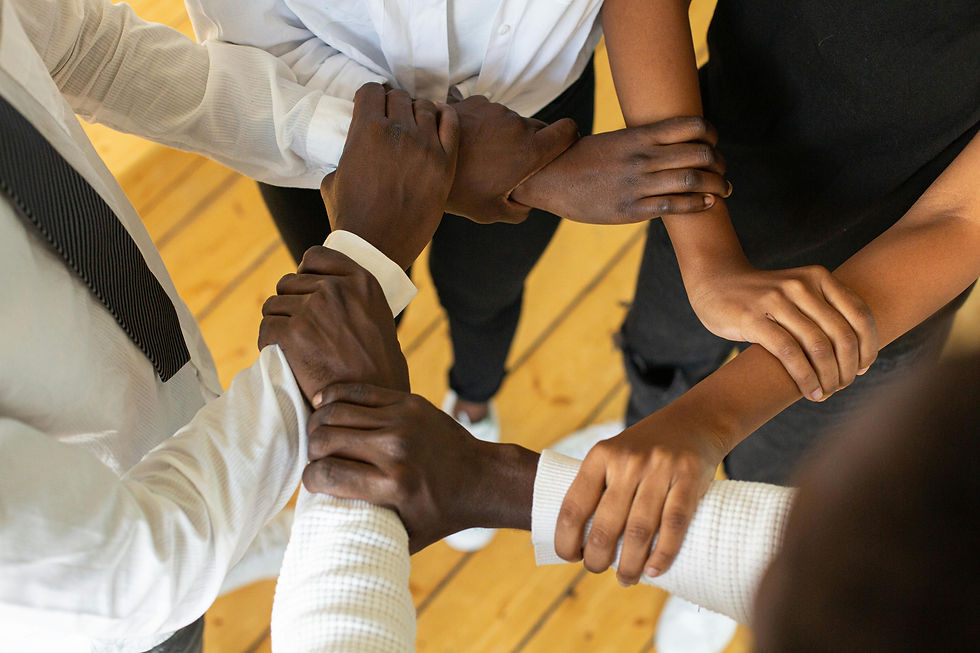The Future of Black Women's Power in the South
- Angela Grayson
- Mar 9, 2023
- 2 min read
Updated: Mar 31, 2023

March 7 marks the day Mississippi approved one-year postpartum coverage of Medicaid for low-income mothers in Mississippi. Black women are excited about this win as we have worked for more than a year to ensure Black women in Mississippi have a right to live—a hallmark of reproductive justice.
It’s also important to know the story of how Black women are the ones who got this done and refused to take the backseat between election years. It has been well documented that Black women, over the years, have brought this country back from the brink with their votes. Every two years, Black women across the South are lauded for their ability to show up and point this country in the right direction.
Between those elections though, Black women have not been the priority of the legislature's post-election cycle. This had to change. The Lighthouse | Black Girl Projects (founded and directed by Natalie A. Collier) and its newly formed Black Women Vote Coalition, lead by Angela Grayson, were determined to be part of that change. The Black Women Vote Coalition was birthed from the reality that Black women needed to build power to push their own political agenda, and they did just that.

Starting last spring, BWVC began speaking up and organizing for low-income mothers to receive health care in Mississippi. They coalesced more than 60 organizations that would see the maternal health bill die on the floor.
They didn’t stop, though. They continued to hold community meetings and events around the matter, and when they heard of a senate hearing on the subject they showed up and made their voices heard through direct action. They interrupted the hearing to let the senate know “We are the data” and will be heard on the issue of maternal health. They continued to engage with the community and put pressure on local politicians and institutions to center the needs of Black women and girls in their policy-making and advocacy.
So today, because Black women showed their power, during an election off-cycle—arguably, when it matters most—more people will have more care they need. Black women showed (and will continue to show) their power, when legislators are making decisions about the lives of Black girls, women and their communities. And we won!
This is a seminal moment for Black women in the South, as it shows others and reminds us our influence reaches far beyond the ballot and can and should be used year in and year out.










Comments